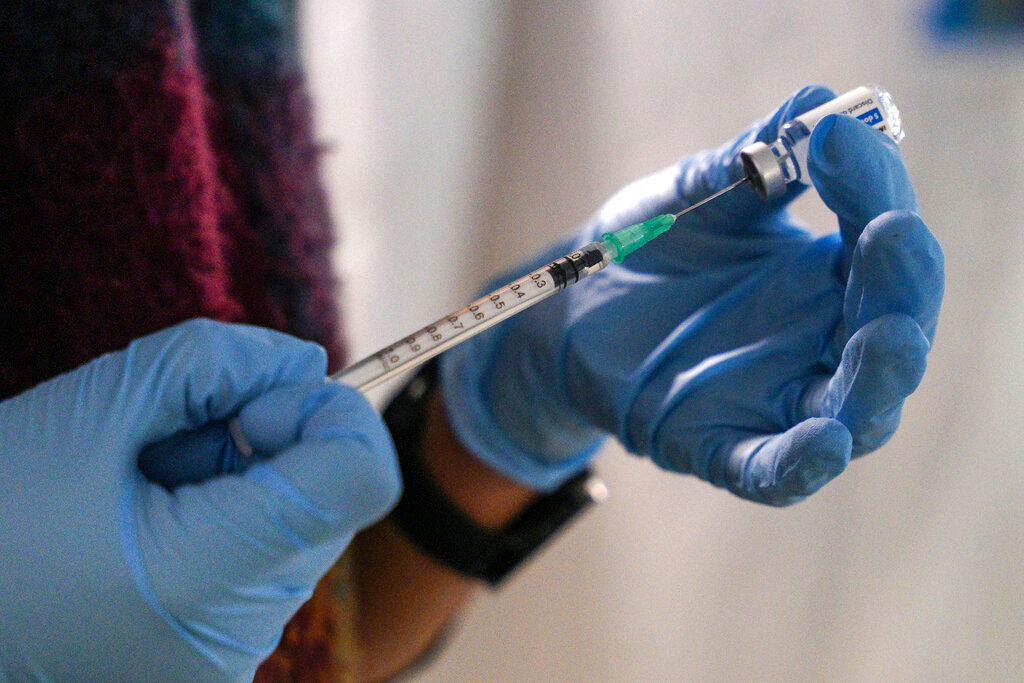The current booster doses of COVID-19 continue to “provide high levels of protection against severe disease”, British health officials said while adding that a second booster is not being considered at the moment.
Wei Shen Lim, a member of the British government’s Joint Committee on Vaccination and Immunisation said in a statement earlier this week, “The current data show the booster dose is continuing to provide high levels of protection against severe disease, even for the most vulnerable older age groups”, according to reports from Reuters.
Also Read: UK records 150,000 COVID deaths, first European country to cross the mark
Lim added, “The data is highly encouraging and emphasises the value of a booster jab.”
While explaining the continued safety provided by the initial booster vaccine, officials said that protection against cases that resulted in hospitalisation was registered at about 90%.
According to statements from United Kingdom‘s Health Security Agency, those who have not received their booster dose and are aged over 65 face increased risk. The protection with only two vaccine doses went down to nearly 70% after three months and further stooped down to 50% after six months.
“For this reason, the committee has concluded there is no immediate need to introduce a second booster dose, though this will continue to be reviewed”, Lim said in a statement, according to reports from Reuters.
More than 39,000 staff members at hospitals in England were off work for reasons related to COVID-19 on January 2, up 59% from the previous week, according to NHS England, according to reports from Associated Press.
Also Read: 9-year-old boy in UK nearly goes blind from coronavirus infection
The number of people in the country hospitalised with COVID-19 rose to 18,454 on Thursday this week, more than double the figure two weeks earlier.
The United Kingdom is racing to offer booster shots to adults across the country after research showed that two doses were not enough to protect people from omicron. The variant has fueled a surge in coronavirus infections and hospitalisations.
(With AP inputs)







